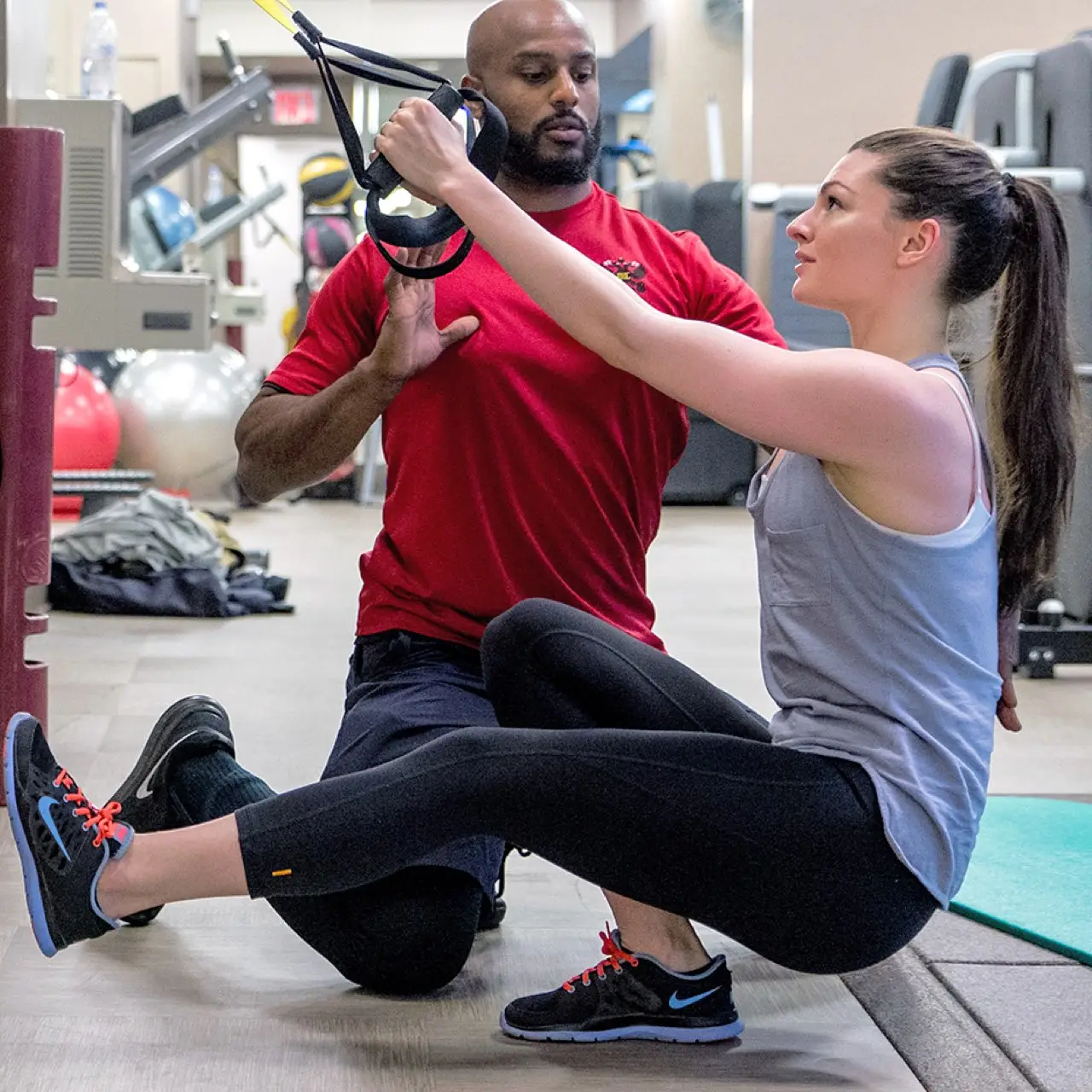

300,000+ lives transformed Coaches
Your perfect coach is just a few steps away
Find the ideal coach for your goals & interests






Introducing
Our App
Coaches, Community, Customised Plans. Plus loads of free tools like:
- Find Your Perfect Coach
- Customised Fitness Plans
- Water Reminder & Exercise Library
- Articles and much more!






